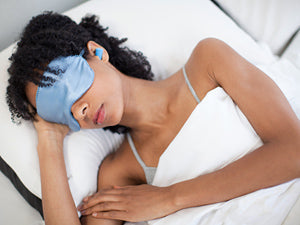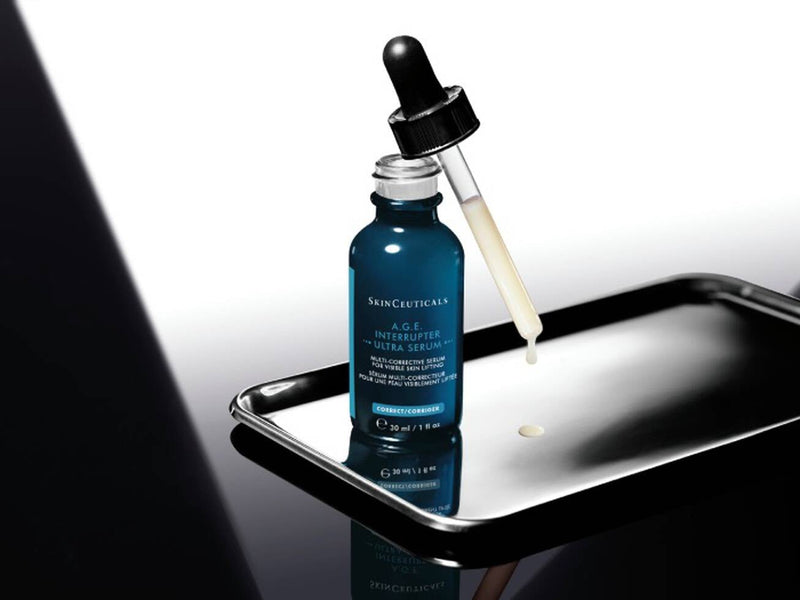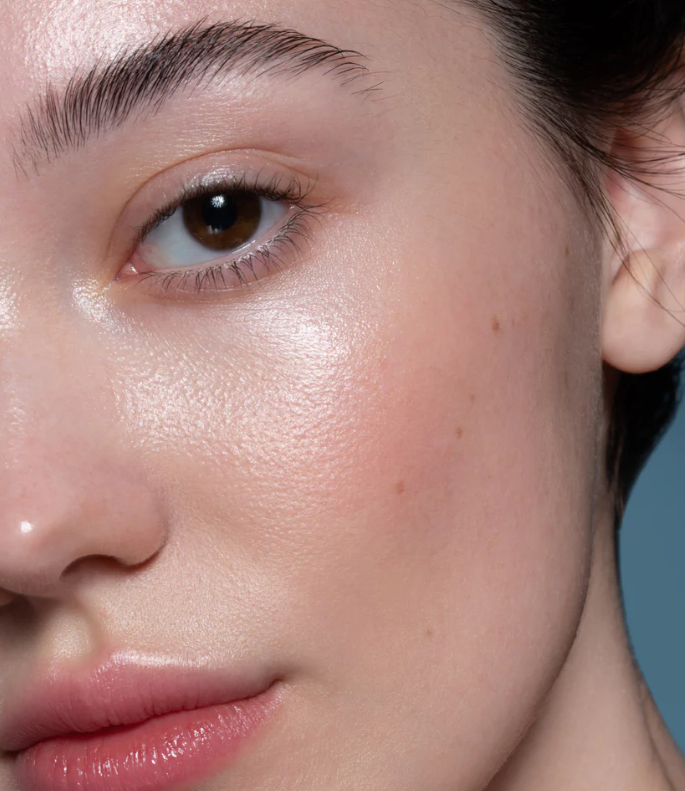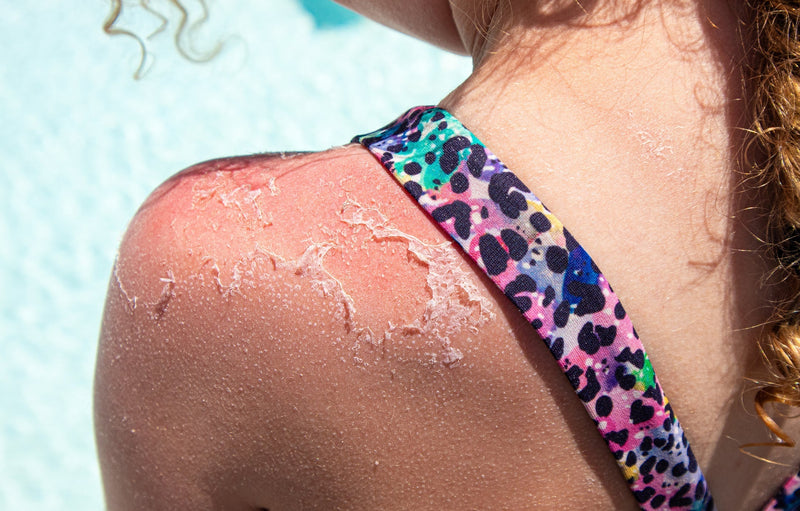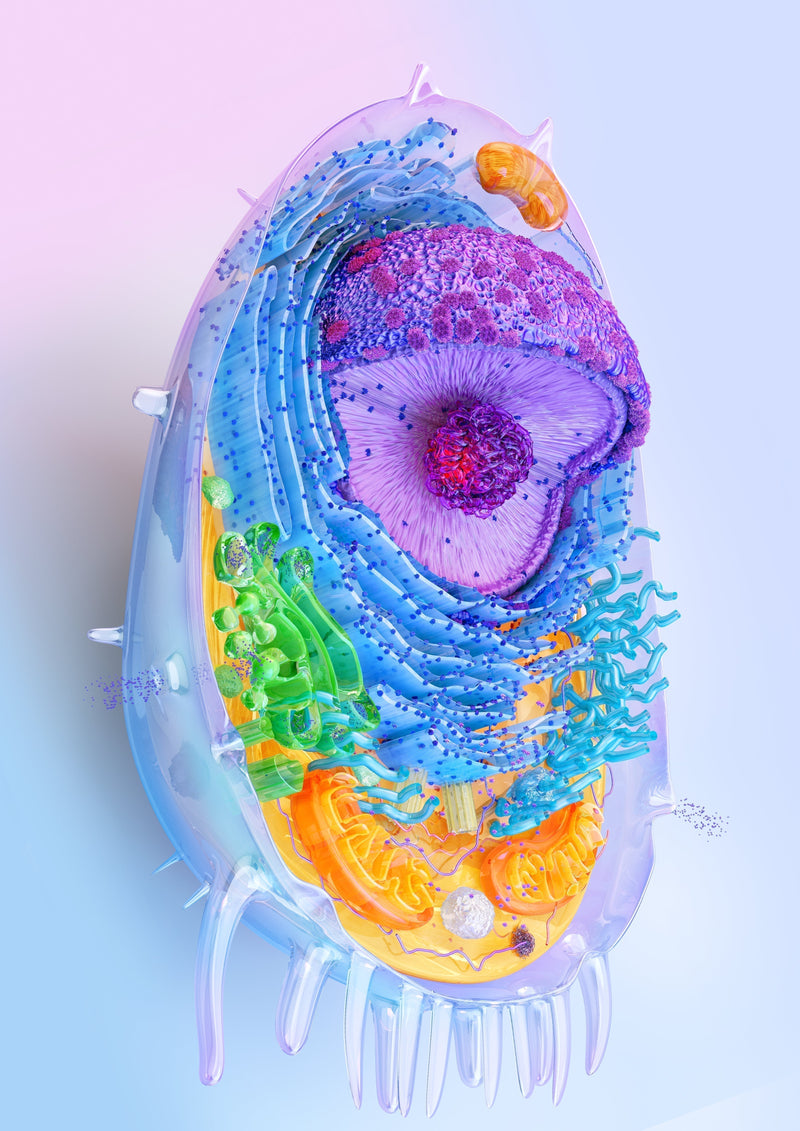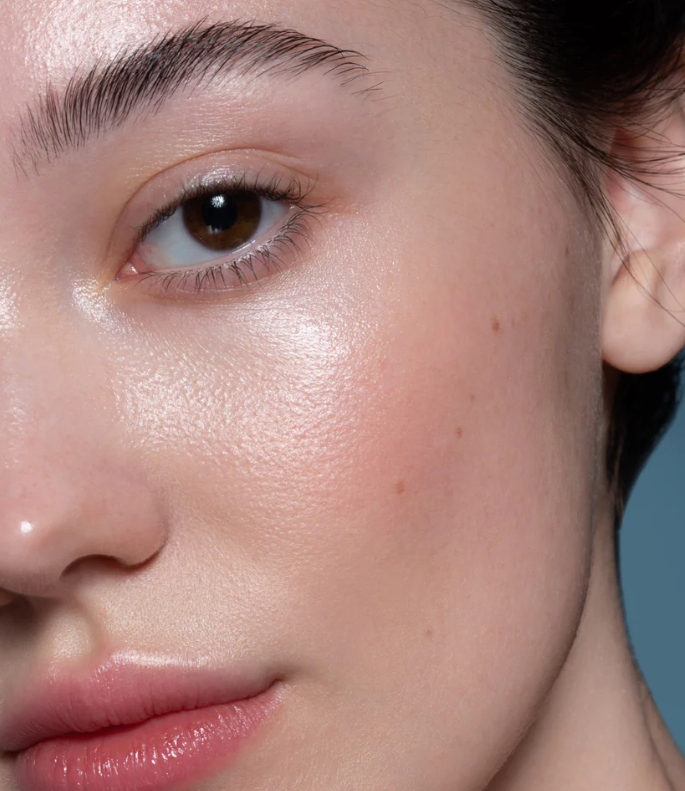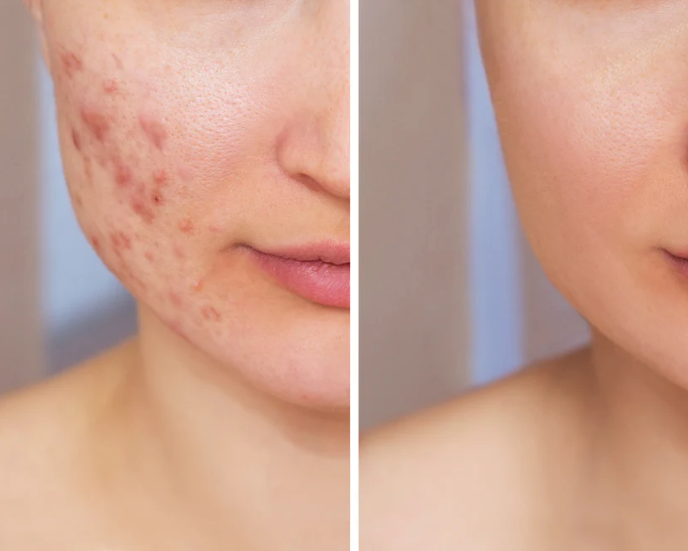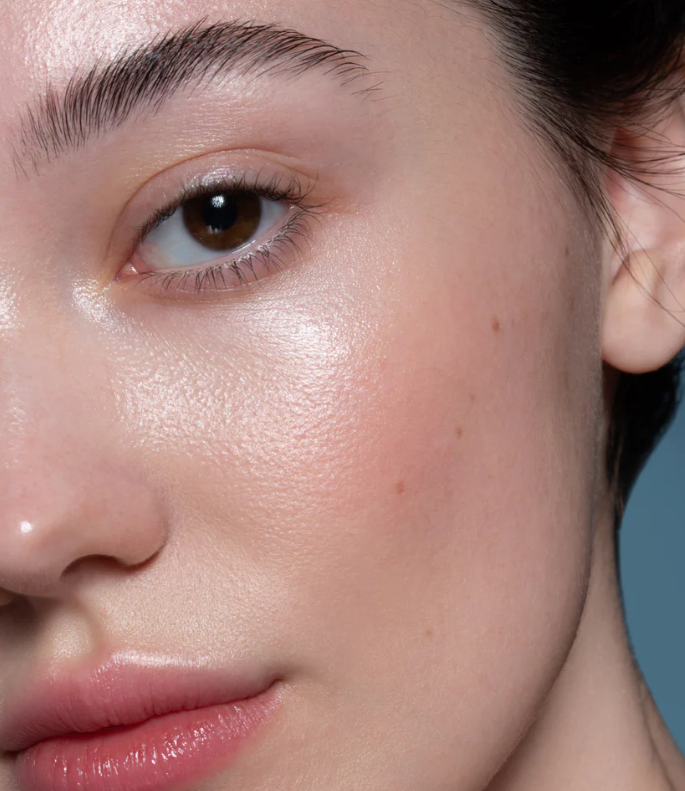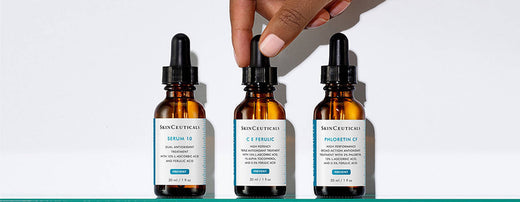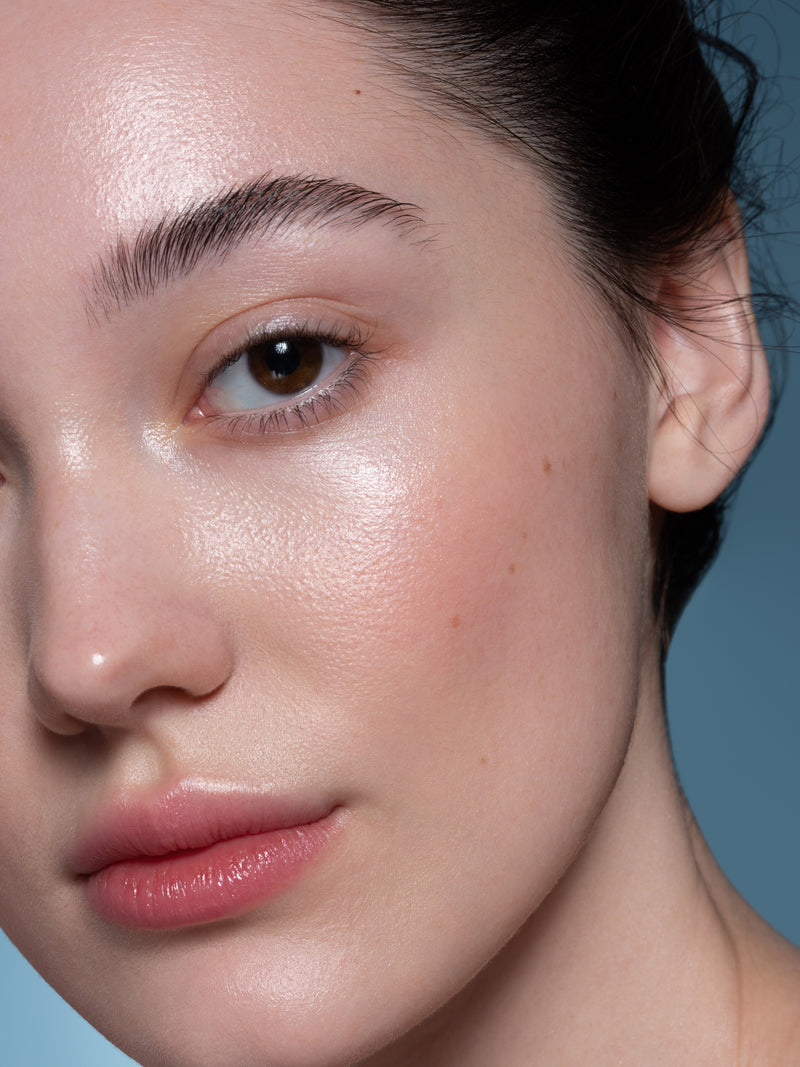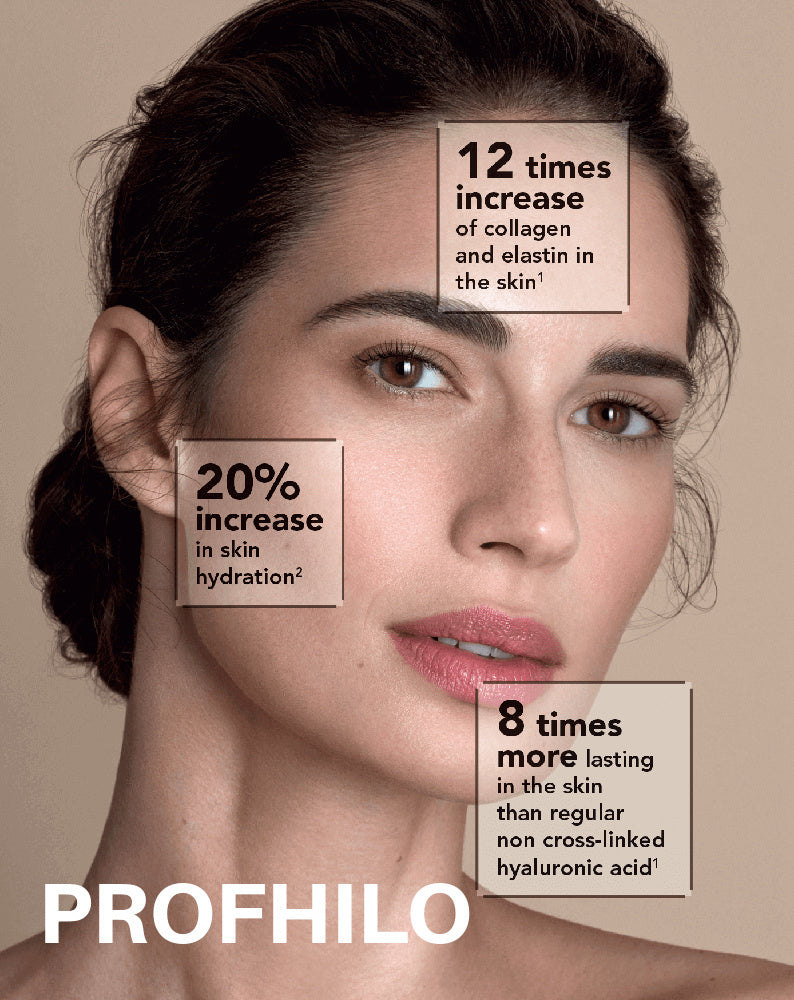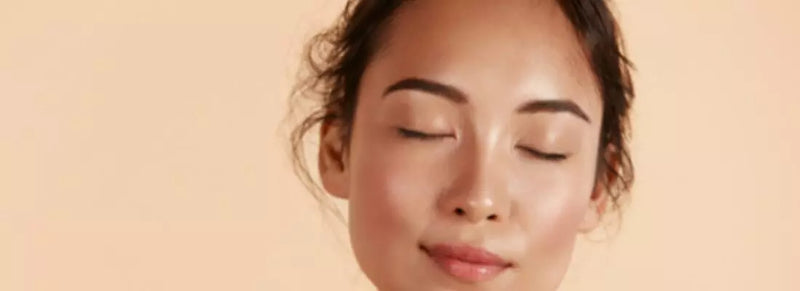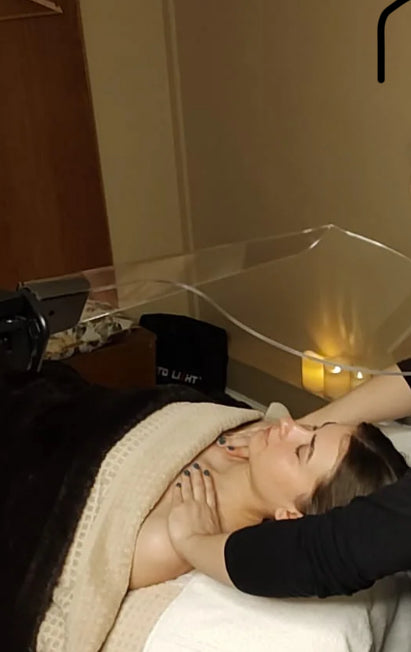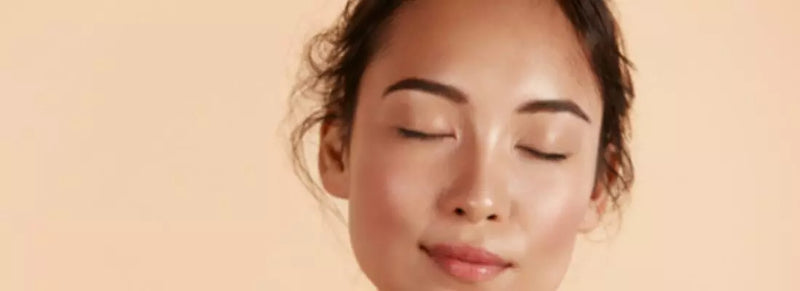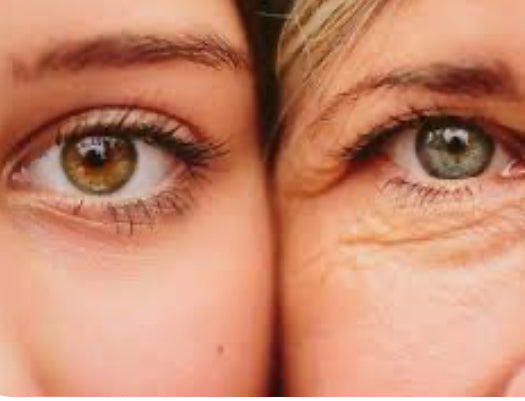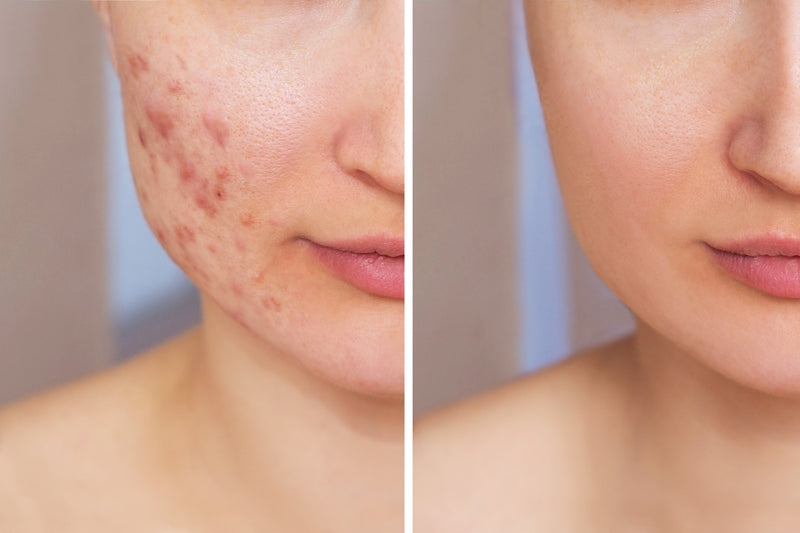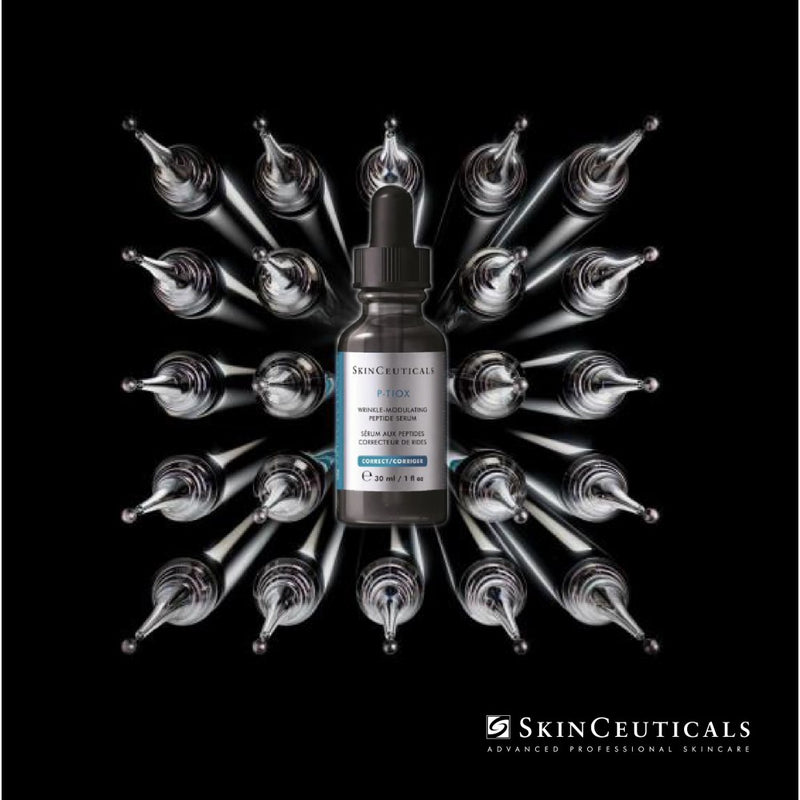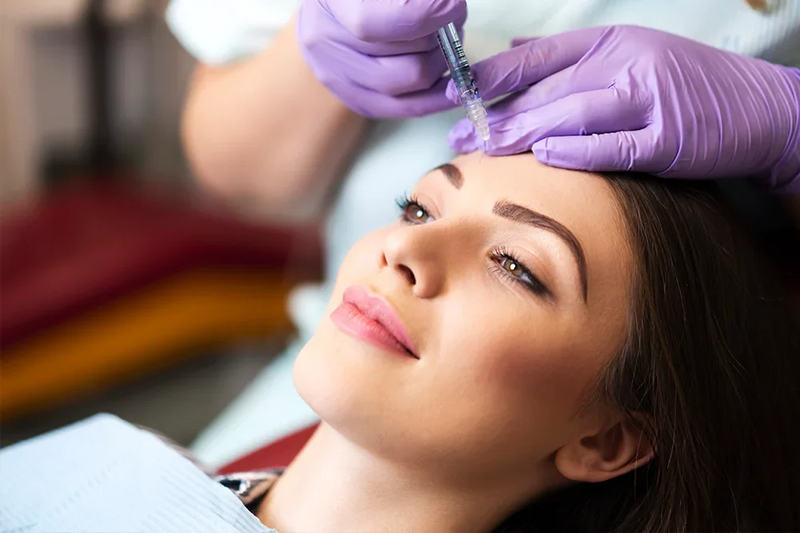Although it is common to lose up to 100 hairs per day, you may be looking at the hairs in your shower drain and wondering if there’s something wrong. Some have noticed hair loss associated with post Covid19.

Get to the Root of the Problem.
A certain amount of hair thinning is a natural part of the ageing process for some people. But if you have sudden or patchy hair loss, a doctor appointment is in order. Sudden or patchy hair loss may be a sign of an underlying disease or condition. For example, skin conditions such as vitiligo, autoimmune disorders such as Addison's disease or alopecia areata, and certain thyroid conditions all can cause sudden or uneven hair loss. Don’t delay in making the appointment – if you can see a Dermatologist ASAP if the hair loss is significant as they can address the condition using treatments such as steroids etc.
Food for thought.
Your diet can also be one of the causes of hair loss. A low serum iron is seen as a cause for hair loss. If you are a vegetarian and/or eat too few iron-rich foods, such as red meat, it could be a reason. Dietary deficiencies have been known to cause hair loss in men and women around the world. If your thinning hair is accompanied by thin and fragile fingernails, ask your doctor about a blood test for iron-deficiency anaemia.
Additionally, a diet rich in omega-3 fatty acids, vitamin B12, zinc and biotin may play a role in the condition of your hair. These nutrients aren't a cure for baldness, but they may help preserve the shine, strength, and integrity of your hair. Cold-water fish, such as salmon and herring, are good sources of these nutrients.
Some studies have shown that green tea may have a positive effect on inherited hair loss. Although the evidence that green tea can prevent hair loss is not strong, drinking the antioxidant-rich tea is a beneficial addition to any diet.
Review Your Medications.
Most people know that harsh medications, such as those administered during chemotherapy, can cause hair loss. But several more common medications can contribute, too. For example, certain cholesterol reducers, steroids, high blood pressure medications, and oral contraceptives can cause hair loss. Hormone replacement therapies that contain methyltestosterone may also accelerate hair loss and could exacerbate thinning hair problems in postmenopausal women.
If you think your meds may be to blame, talk with your doctor about possible alternatives.
For Most, It's in the Genes for men who suffer from excessively thinning hair or excessive hair loss for which there is no known underlying medical reason, it is probably due to genetics. In fact, most hair loss in men is inherited: It can come from mom, dad, or both parents. The culprit in male pattern hair loss seems to be the enzyme 5 alpha-reductase (5-AR), which converts testosterone into dihydrotestosterone (DHT). DHT shrinks the hair follicles in men with a genetic predisposition, and in time, the smaller follicles produce shorter and thinner hair.
Chemicals, such as those used to colour, perm, or bleach hair are worth looking at as harsh chemicals can cause hair to become very fragile and susceptible to breakage, so limiting your exposure to them may help protect the integrity of your hair.
Treating Hereditary Hair Loss.
One of the most popular pharmacological hair loss treatments for men is minoxidil. This topical medication inhibits the enzyme 5-AR and has proved effective in treating hair loss in men. But there are some drawbacks to minoxidil. Consistent use is required to maintain hair growth, and results may take up to four months to begin showing. Also, it works best for hair growth on the crown of the head, not the frontal hairline or receding hairlines, and once treatment is stopped, hair loss returns. Local side effects may include dryness, itching, and redness of the scalp, so talk to your doctor about what's best for you.
Another possible treatment for hereditary hair loss in men is the oral medication finasteride. Like minoxidil, this medication inhibits 5-AR. Speak with your doctor about the possible risks and benefits of this medication.
Hair loss research continues at a rapid pace. Researchers have been successful in regrowing hair on bald mice through the implantation of stem cells and one day may be able to implant such cells into humans to activate the hair follicles to grow more hair.
But until a permanent cure for baldness is available, your best bet for maintaining a full head of hair is to seek treatment at the first sign of thinning. This will increase your chances of minimising hair loss.
Starting point.
If you notice that your hair is lighter with visible hair loss – and your scalp is dry, flaky – address this by using a shampoo such as Nizoral, Selsun or head and shoulders. See that the active ingredient sits on your scalp for at least a minute. Use a topical treatment such as Rogaine which contains minoxidil. Take a supplement of Chelated Zinc and Biotin.
If you have visible patches of hair loss, seek medical advice.






